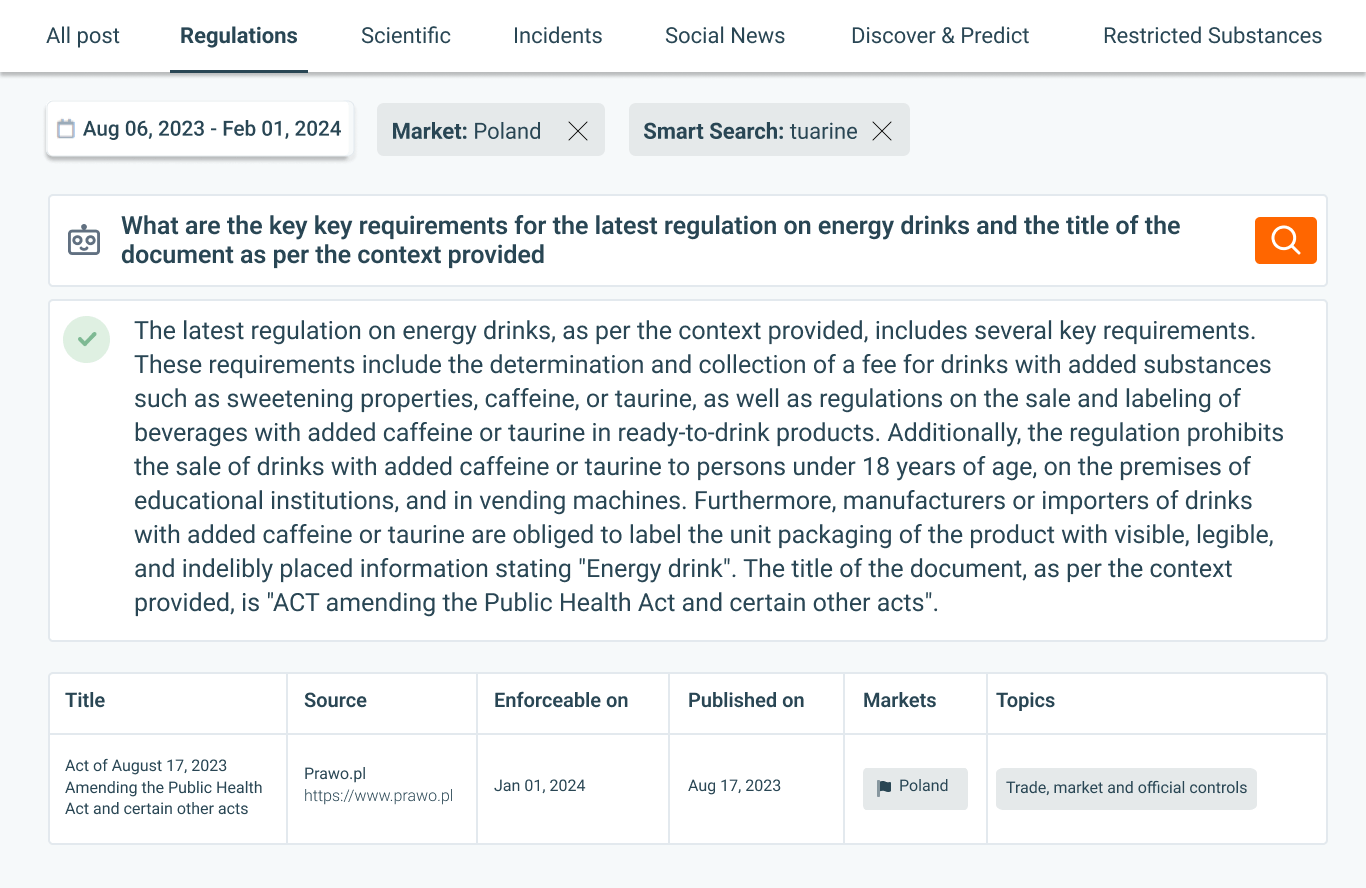On April 12, 2024, the Council of the Eurasian Economic Commission (EEC) quietly signed Decision No. 52—a move that might seem bureaucratic at first glance but carries significant implications for the alcohol industry across the Eurasian Economic Union (EAEU). The decision delays the enforcement of key technical regulations on alcoholic beverage safety from July 1, 2024 to July 1, 2025, and extends the compliance transition period from 4 to 10 months.
For regulators and businesses alike, this isn't just a rescheduling—it's a reflection of deeper readiness issues, supply chain adjustments, and possibly shifting political priorities.

What Are We Really Talking About?
EAEU TR 047/2018 is more than a checklist. It's a cornerstone regulation meant to unify safety, quality, and labeling standards for alcoholic beverages across five member states—Russia, Belarus, Kazakhstan, Armenia, and Kyrgyzstan.
The regulation covers everything from the maximum levels of methanol in spirits, to how exactly a bottle of wine should declare its origin and composition. It’s ambitious, modern, and sorely needed—especially in a region still plagued by counterfeit alcohol, uneven enforcement, and fragmented technical standards. So why delay?
The Delay Was Inevitable
We saw it coming. Over the past year, SGS Digicomply tracked multiple indicators that the regulation was outpacing reality. Site-level audits and enforcement data painted a clear picture: a large part of the region’s production infrastructure simply wasn’t ready.
Especially in smaller economies like Armenia and Kyrgyzstan, local producers struggled with the new testing requirements and traceability systems. Labeling rules that sound simple on paper—such as declaring exact ethanol content—require lab precision and consistent calibration, both of which are still being built.
The real bottleneck, however, isn’t just technical. It’s political and economic.
2024 has been a volatile year for commodity prices and cross-border trade. For some national governments, tightening controls on alcohol now would risk squeezing domestic producers already under financial strain. The EEC’s decision reflects that tension: enforce harmonization, but not at the cost of internal stability.
Still Operating in the Gray Zone
For the next 12 months, the EAEU will remain in an uncomfortable in-between.
Instead of a single unified regime, each member state will continue regulating alcohol under its own rules, or based on earlier EEC acts. This means producers, importers, and distributors working across borders must navigate five different legal frameworks, often with conflicting definitions and enforcement thresholds.
It’s regulatory limbo. And it’s expensive.
The danger? Some companies may over-rely on national loopholes and delay compliance preparations until the last minute—only to find that by mid-2025, they’re locked out of cross-border markets.
What’s Next? A Year to Build—or Stall
The new deadline—July 1, 2025—is more than a policy update. It’s a strategic window. For forward-looking players in the alcohol industry, this is the year to:
-
Strengthen lab testing partnerships
-
Standardize labeling templates across markets
-
Train regulatory and compliance teams for multi-jurisdictional readiness
-
Push for clarity on ambiguous points in TR 047/2018 (and there are plenty)
And perhaps most importantly—don’t expect another delay. While a second postponement is theoretically possible, politically it would damage the EEC’s credibility. The message is clear: this is your last chance to catch up.
Final Thought: It’s Not Just About Alcohol
Zoom out, and this delay says something bigger about where the EAEU is heading.
The region is attempting something bold: creating a unified regulatory market without a unified enforcement apparatus. That’s never easy—and the cracks are beginning to show. TR 047/2018 is just one regulation, but it’s a litmus test. If it fails, others may follow.
At SGS Digicomply, we’ll be tracking how this unfolds—not just in regulation, but in real-world compliance, enforcement activity, and cross-border trade dynamics. For stakeholders in the EAEU market, 2025 won’t just be about alcohol.
It’ll be about credibility.
Explore SGS Digicomply’s Regulatory Intelligence Hub
SGS Digicomply’s Regulatory Intelligence Hub offers a powerful solution for managing regulatory complexities across 150+ jurisdictions. With AI-driven research tools, easy-to-read regulatory guides, change monitoring, and an interactive agenda, the platform empowers teams to make informed, timely decisions. Whether you’re tracking new rules or comparing global standards, SGS Digicomply is your essential partner for proactive compliance. See how it works in our demo.






.webp?width=1644&height=1254&name=Food%20Safety%20Dashboard%201%20(1).webp)
